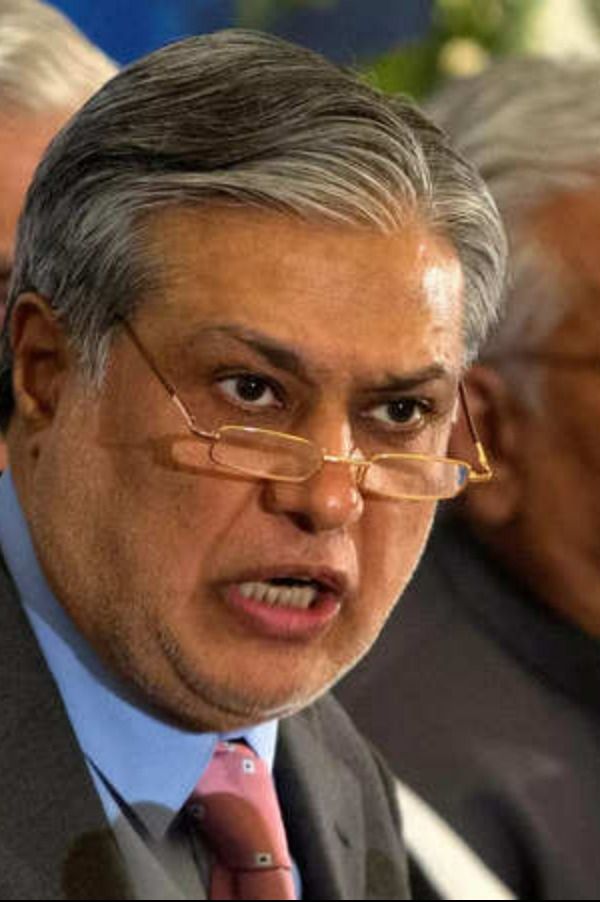Pakistan has received a much-needed lifeline as the International Monetary Fund (IMF) deposited $1.2 billion into the State Bank of Pakistan (SBP) account. This initial disbursement marks a crucial step in averting the risk of default that has loomed over Pakistan’s cash-strapped economy for nearly a year.
After eight months of challenging negotiations regarding fiscal discipline, the IMF’s executive board approved a nine-month Stand-By Agreement (SBA) worth $3 billion. Last month, a staff-level agreement was reached, exceeding expectations and providing substantial funding to alleviate Pakistan’s severe liquidity crunch. With foreign exchange reserves sufficient to cover only a month’s worth of controlled imports, this infusion comes as a much-needed respite.
During a televised address from Islamabad, Finance Minister Ishaq Dar stated that Pakistan would receive the remaining balance of the bailout package after two reviews. The second review is scheduled for November, followed by the third in February. This injection of funds is expected to bolster Pakistan’s foreign exchange reserves. In the current week alone, the central bank’s reserves have increased by approximately $4.2 billion.
Minister Dar expressed gratitude to Prime Minister Shehbaz Sharif for his instrumental efforts in securing the program. He emphasized that Pakistan is on a path toward development, urging collective efforts to capitalize on this opportunity. The finance minister anticipated that the foreign exchange reserves would reach around $13-$14 billion by July 14, with exact figures to be released by the SBP.
Prime Minister Shehbaz Sharif played a significant role in convincing the IMF to agree to the new program, engaging in multiple interactions with the lender’s chief in Paris and through phone calls. The IMF, in a statement, highlighted that its executive board approved the nine-month standby arrangement to support Pakistan’s economic stabilization program.
Pakistan has grappled with a balance-of-payments crisis while striving to service its crippling external debt amidst a challenging political environment following the removal of former Prime Minister Imran Khan. The country has experienced soaring inflation, a record-low value of the rupee against the dollar, and difficulties in financing imports, leading to a sharp decline in industrial output.
Over the years, Pakistan has entered into nearly two dozen arrangements with the IMF, many of which have remained unfulfilled. In the days leading up to the approval of the current program, Pakistan received $3 billion in deposits from Saudi Arabia and the United Arab Emirates. These funds have substantially boosted the country’s foreign reserves to $7.5 billion, more than double the previous week’s account balance.


